Funded by Global Health Seed Grants, five faculty-led efforts will address disparities in cardiovascular health, tuberculosis, impacts of climate change on noncommunicable diseases, vaccination coverage, and cervical cancer.
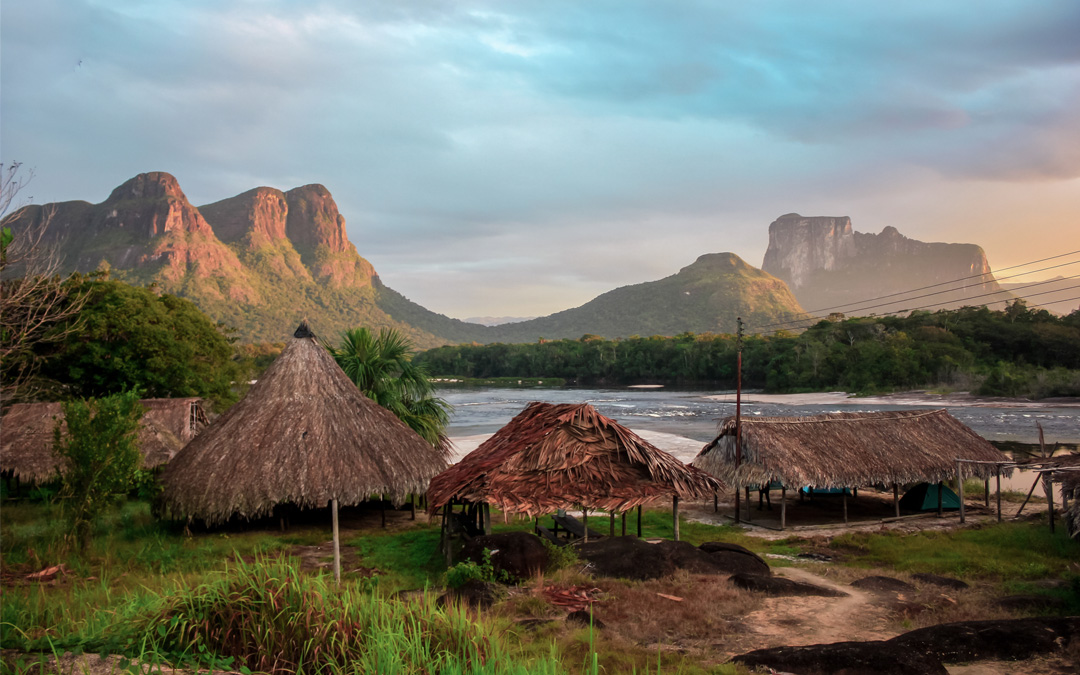

Funded by Global Health Seed Grants, five faculty-led efforts will address disparities in cardiovascular health, tuberculosis, impacts of climate change on noncommunicable diseases, vaccination coverage, and cervical cancer.
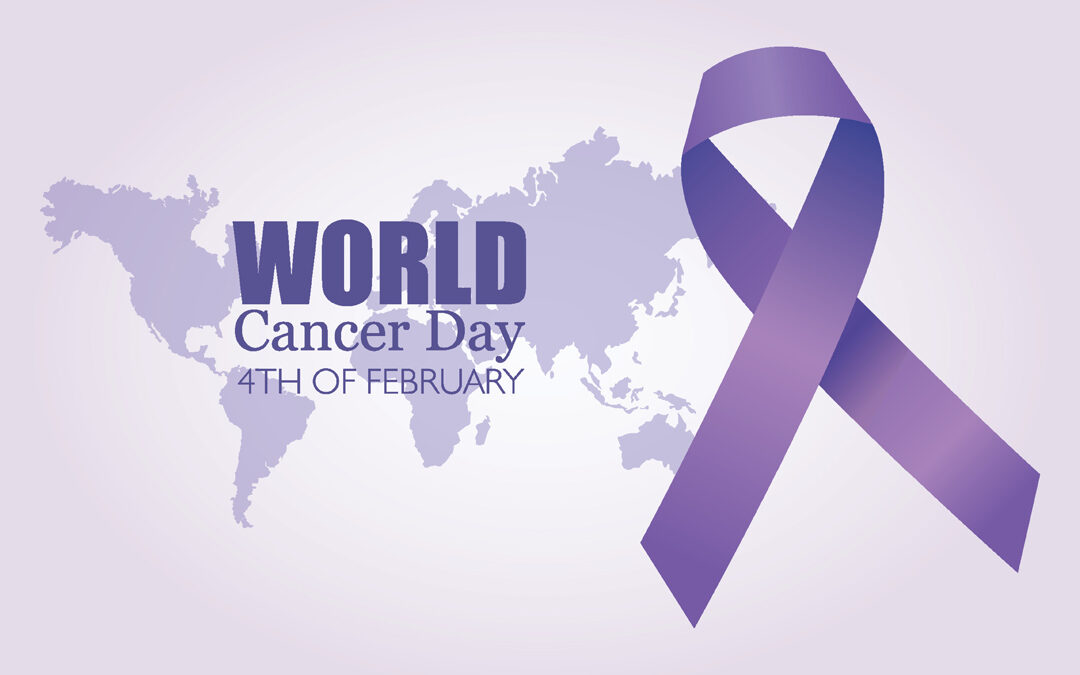
World Cancer Day is February 4. Richard Marlink, director of Rutgers Global Health Institute, discusses what we can do about the crisis of cancer in sub-Saharan Africa.
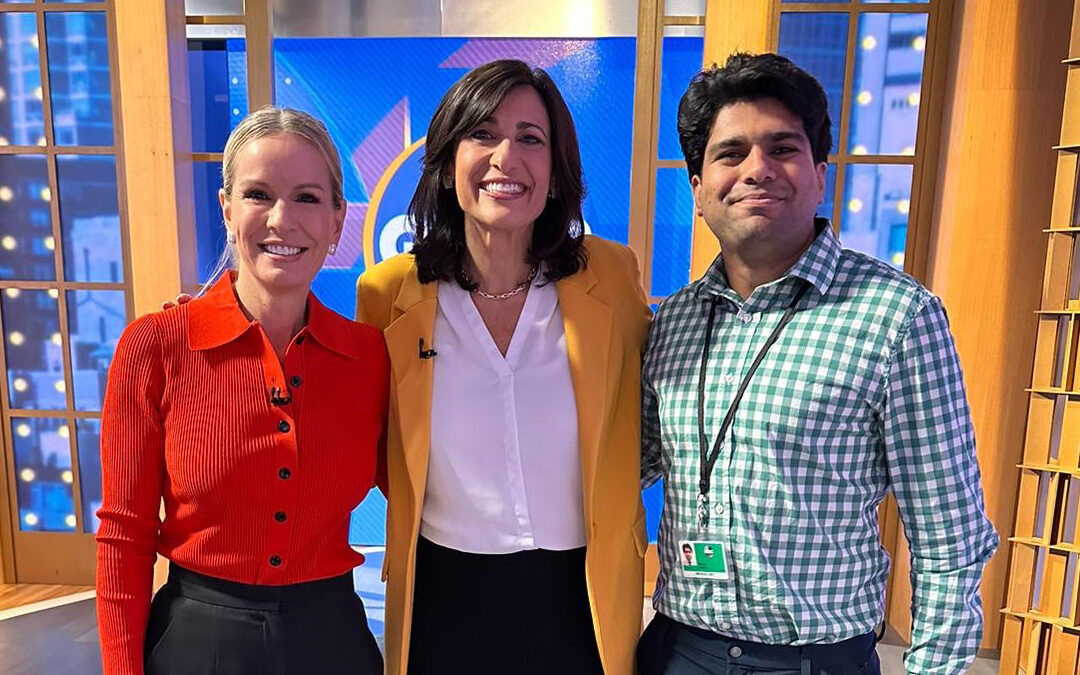
Faheem Farooq recently finished a three-year fellowship in hematology and oncology at Rutgers that included a one-month rotation in the ABC News Medical Unit and substantial involvement with the Botswana-Rutgers Partnership for Health.
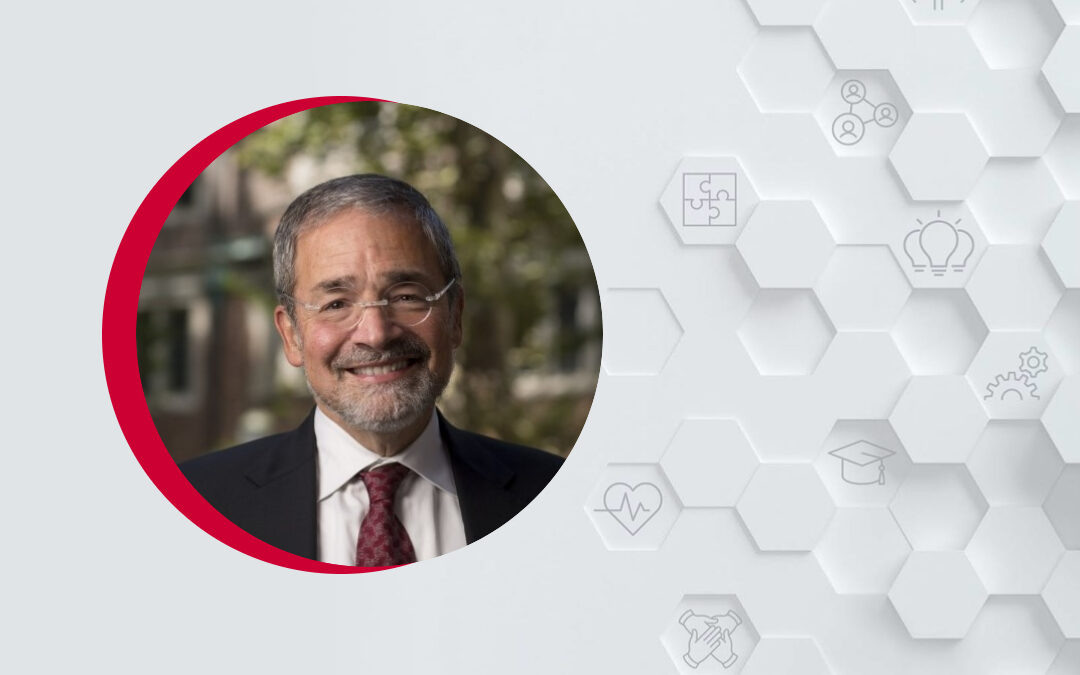
In an opinion piece published by The Star-Ledger, Chancellor Brian Strom, who also is a core faculty member of Rutgers Global Health Institute, writes about the 10-year anniversary of Rutgers Biomedical and Health Sciences’ integration with the university.
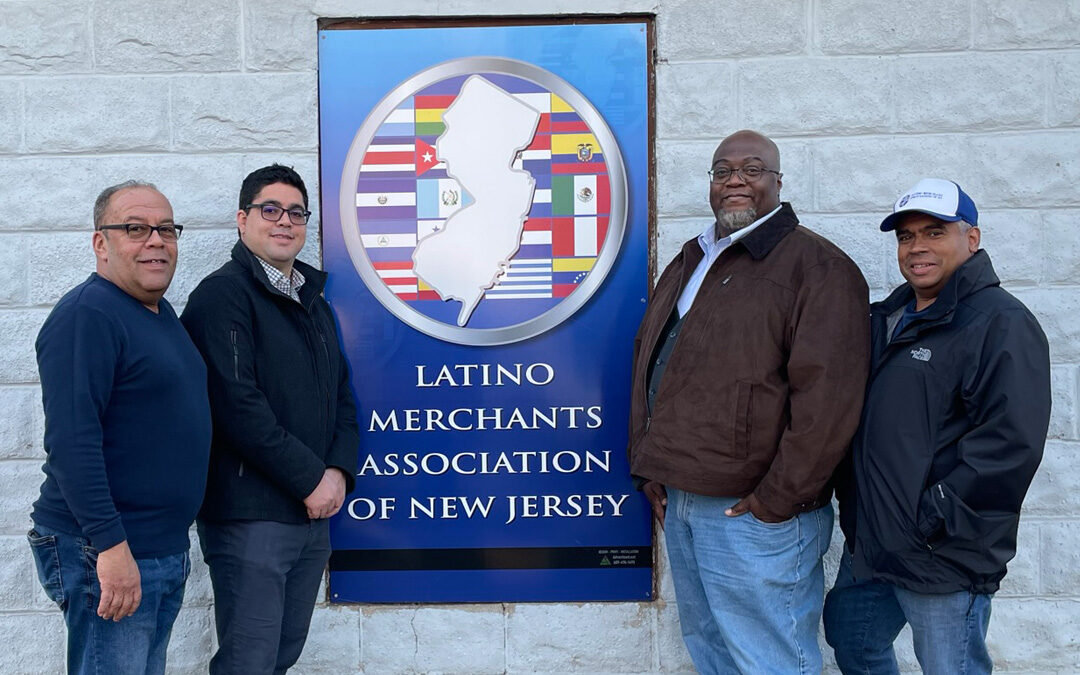
Recent educational events have featured presentations on supply chain resilience, digital communications, and financial goal setting. Helping small businesses is a way to address social determinants of health and help low-income and minority communities thrive.
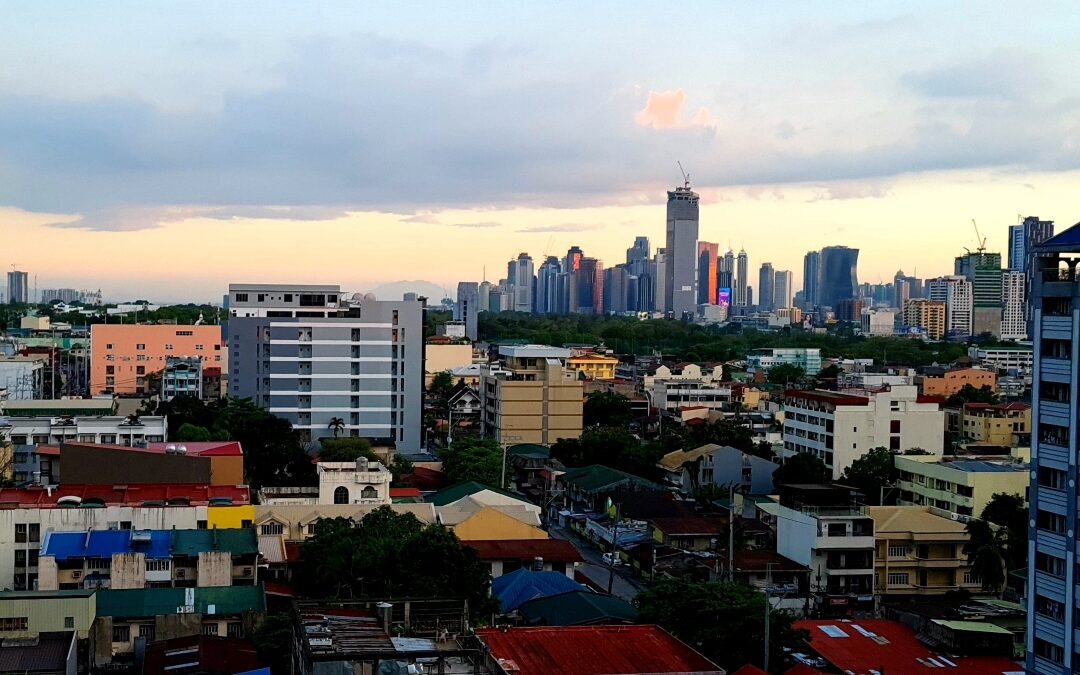
Funded by Global Health Seed Grants, five faculty-led efforts will address disparities related to adolescent pregnancy and sexual health information, immigrant health care access, tuberculosis disease prevention, health communication training, and dementia among indigenous older adults.
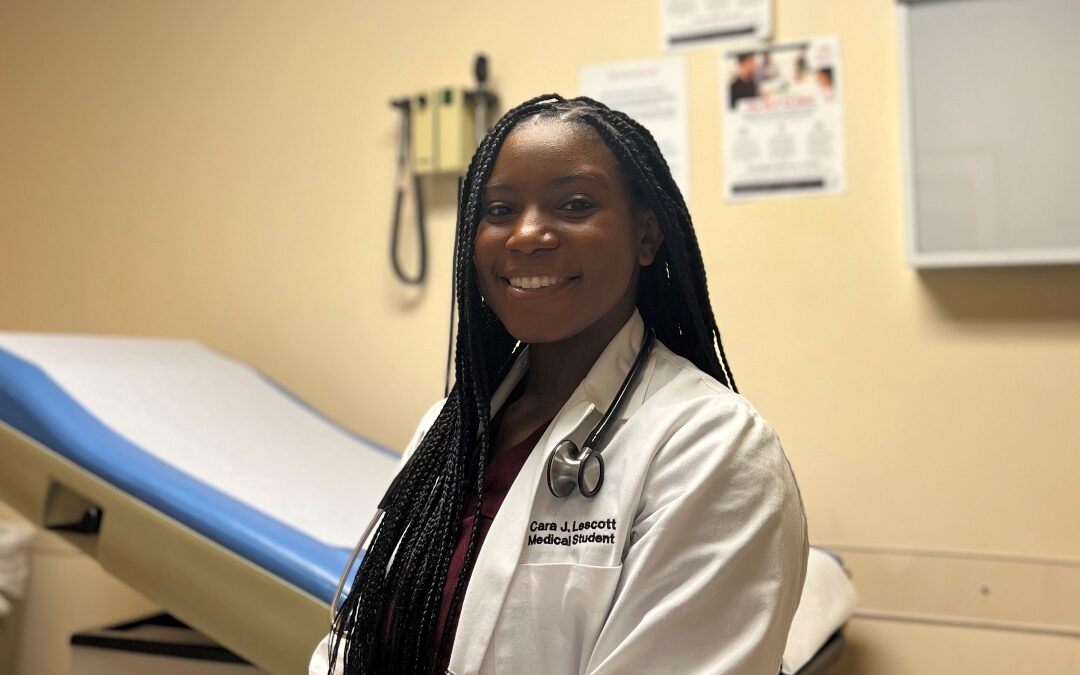
The Student Family Health Care Center at Rutgers serves the severely underserved: Newark residents who might otherwise be unable to access health care. The clinic was created following the 1967 Newark Rebellion, an uprising rooted in simmering frustration over the persistence of oppressive racial inequalities.
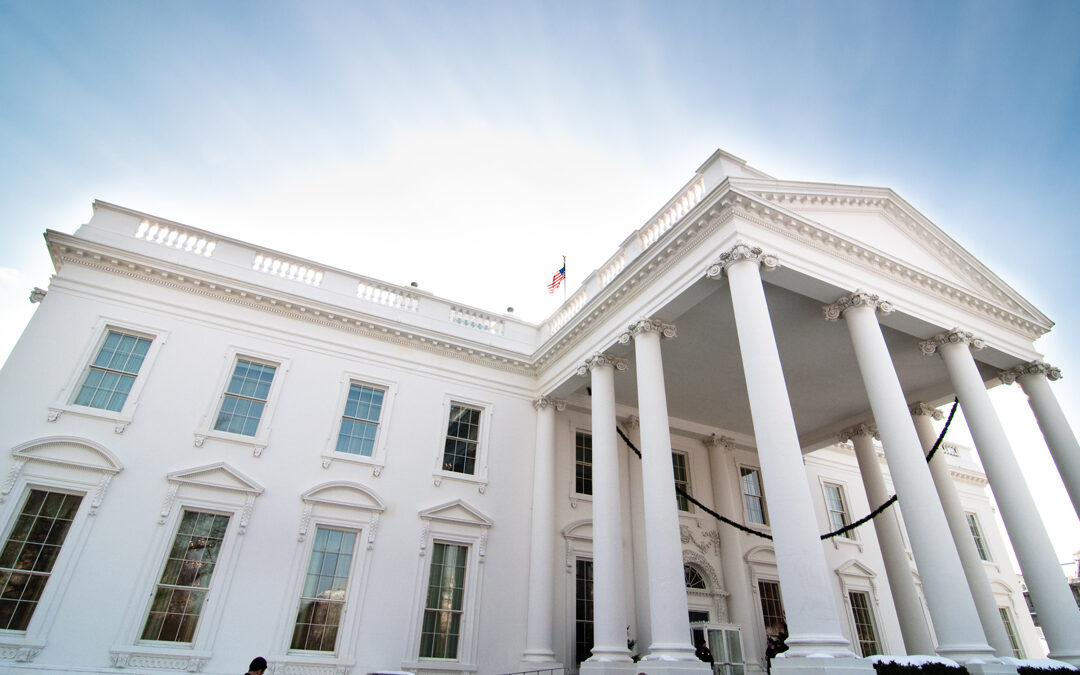
During this week’s U.S.-Africa Leaders Summit, the White House’s Cancer Moonshot program highlighted several initiatives to drastically improve cancer outcomes in Africa. Two Botswana-Rutgers Partnership for Health efforts were featured.

The program, called Cancer Kitso, is being developed by the Botswana-Rutgers Partnership for Health to educate health care workers about cancer care and prevention. Pharmacists Joyce Kgatlwane and Jiyeon Joy Park discuss their involvement.

Lead-free housing policies and health-related social media are among the public health topics that Rutgers students are exploring through their internships with Believe in a Healthy Newark. The Rutgers University–Newark internship program is funded by a Global Health Seed Grant.